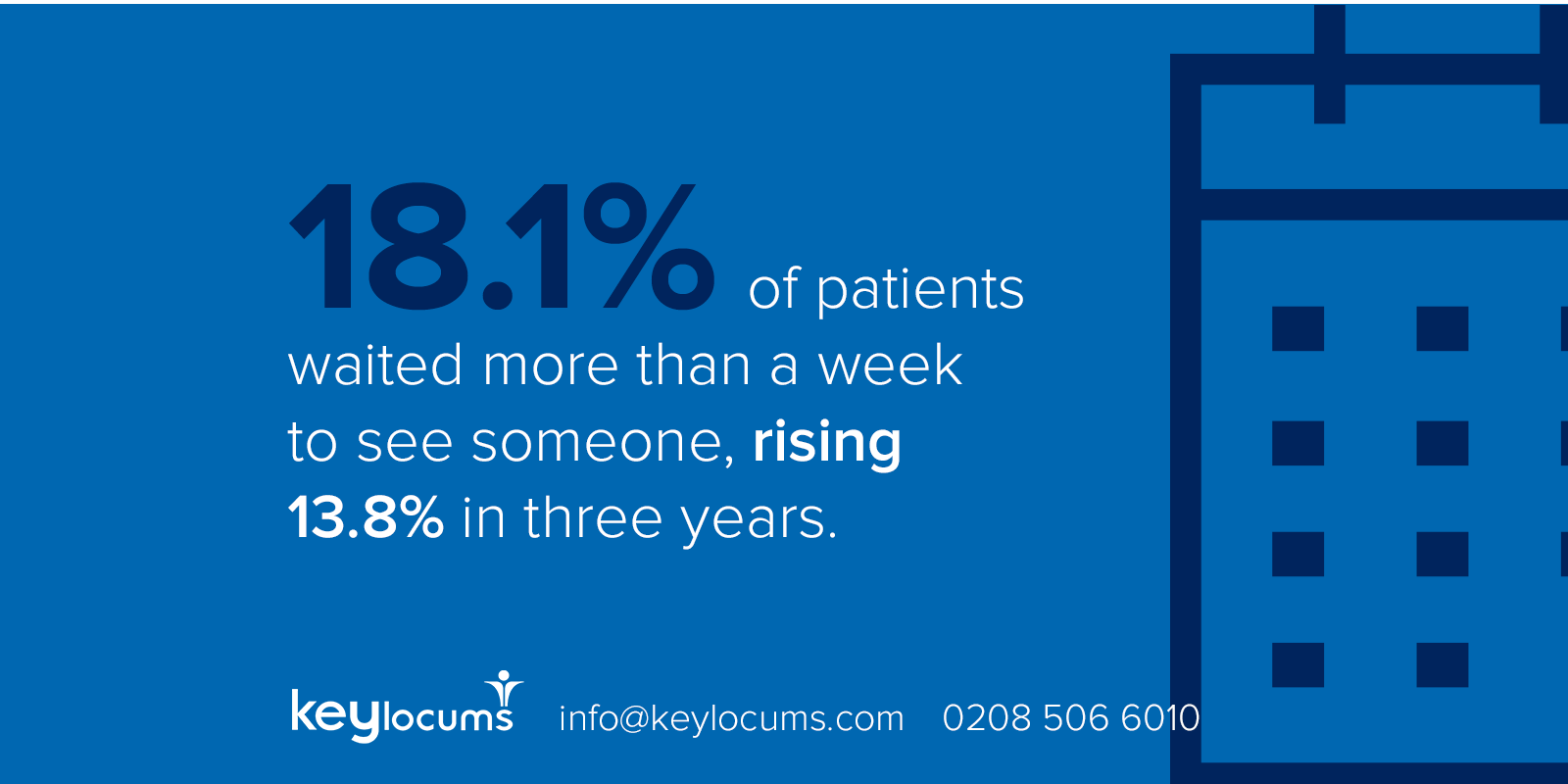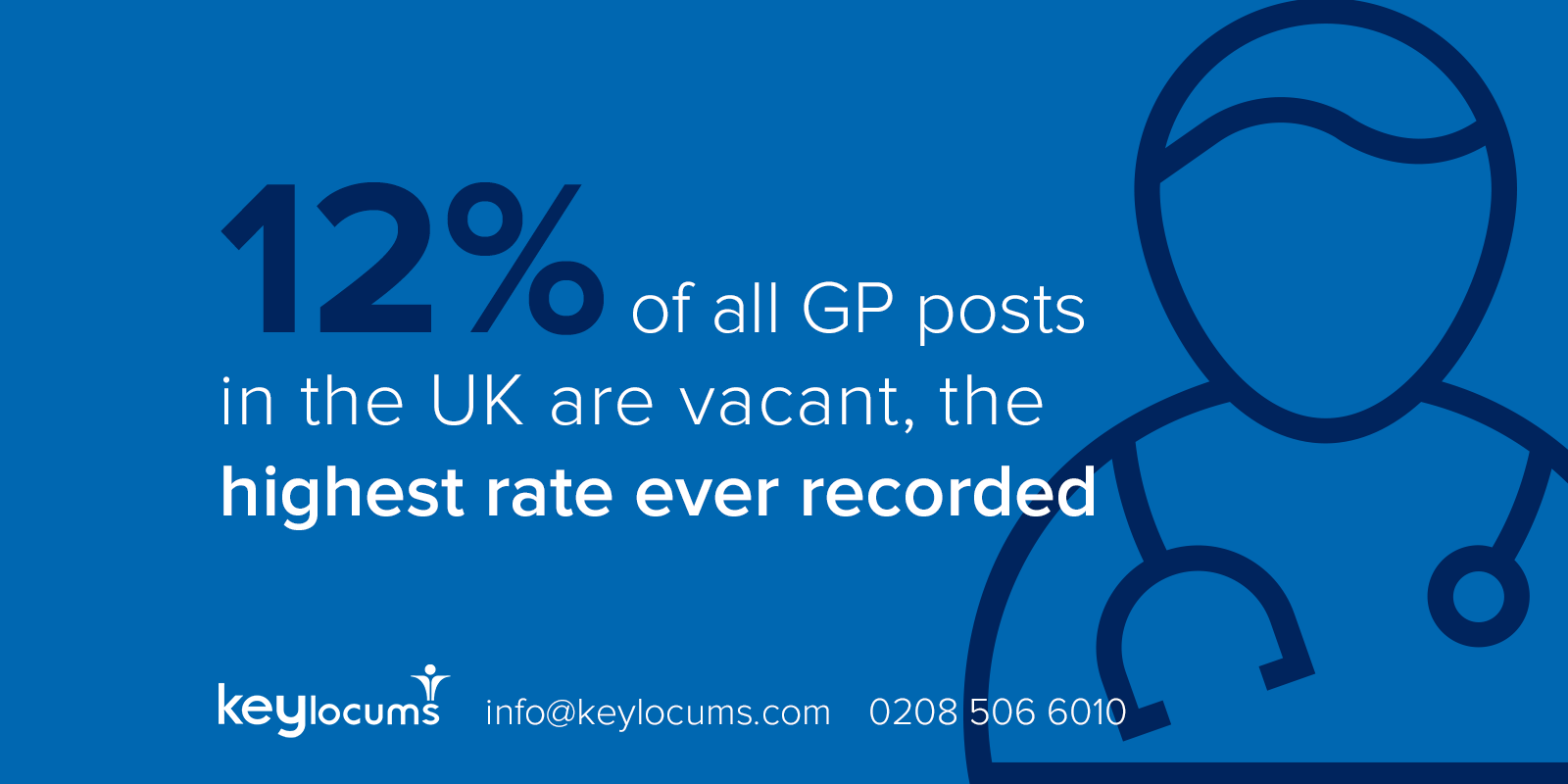Doctors’ surgeries have never been busier and with the growing population and an increase of people living longer it’s no surprise that our GPs are under massive strain, with demand far outstripping supply.
After much protestation from GPs and the general public alike the government set about plans for a seven days a week, 8am-8pm opening for GPs. This announcement made in October 2013 was the beginning of a long and ongoing revision to GP opening hours.

More recently in January 2017, PM Theresa May has announced GPs will be forced to give patients appointments when they want or face cuts to funding.
This comes as part of a proposed solution to easing the strain of Accident and Emergency departments which were hit by a winter crisis. This crisis resulted in 65 hospital trusts issuing warnings that they are under heavy pressures, six of which declared the highest state of emergency at some point.
The PM will demand that doctors’ surgeries meet the Government’s promise to open seven days a week from 8am to 8pm unless they can provide evidence that the demand is not there in their area.
Every Clinical Commissioning Groups (CCG) to get £6 per patient to extend GP access from April 2019. But weekend opening will ‘depend on local demand’, NHS England has said.
GP Patient Survey 2016 found:
· 18.7% of patients said their surgery was not open at convenient times - a rise from 16% in 2012
· 18.1% of patients waited more than a week to see someone - a rise from 13.8% in three years
· 11% of patients said they had failed to get an appointment at all - up from 9.6% in 2012
· 10.8% said GP receptionists were "unhelpful" - a rise from 9.5% in 2012
· 25.8% said it was difficult to get through on the phone - a rise from 19.9% in 2012
A recent NAO shows that GPs not opening practices during normal office hours is indeed fuelling the pressure on A&E departments, so the government are warranted in trying to remedy this by giving support via GPs. But is this a feasible and sustainable option?
Studies have shown that seven-day GP access does indeed reduce attendances at A&E for minor illnesses but has little impact on emergency hospital attendances for serious medical complaints.
Even if seven days, 8am-8pm opening was a clear solution to the problem, there is a severe shortage of GPs currently.
Pulse Magazine’s annual survey of GP vacancy rates - has revealed that around 12% of all GP posts in the UK are vacant, the highest rate ever recorded. The General Practitioners Committee UK (GPC UK) cited workload pressures put upon GPs was to blame for rise in vacancy rates.
This lack of GPs has seen NHS doctors come out of retirement to meet the demands in the Lothian area, as Scottish GPs are seeing double the amount of vacancies in 2016 as they did two years prior.

This month GPs have been asked to give more evening and weekend appointments in an attempt to relieve the winter crisis. In return GPs are being offered £100 per hour for these out of hours appointments. This is to come from the GP Access Fund, set up in 2013 by David Cameron in a bid to help patient access to general practitioners.
But since then the plan has come under fire for not meeting its goals.
Increasing GP access
Plans to increase GP access with a deadline of 2020 have not been sufficiently proven to see if they will give value for money, according to the National Audit Office’s recent report.
The report suggested that whilst the goal of improved GP access was admirable and needed the Department of Health hadn’t properly evaluated the potential outcomes and financial sense of the plan.
The NAO report’s analysis suggested that the minimum extra capacity needed by the new commitment pledge worked out as £230 per appointment hour per 1,000 registered patients. In core contract hours, the cost was estimated to be £154.
The NAO report also criticised NHS England and Health Education England's (HEE) plans to increase the number of working GPs, warning of risks due to falling retention, increases of part-time work and lack of recruitment.
Recently Dr Chaand Nagpaul, BMA GP Committee chair said he has been informed by officials that ‘there will be no obligation on individual GP practices to be open for seven days, or beyond their current contractual hours.
The Royal College of GPs has said doctors are “ridiculously overworked” with the average time of patients’ consultation times at 10mins. This leaves appointment times for people with difficult health requirements too short.
With all this taken into account it would seem that the best course of action is to support the current GP workforce we have whilst also encouraging and supporting new students into the medical field.
Whilst a seven day GP access would be a nice idea in theory, we do not yet have the infrastructure to support this.

